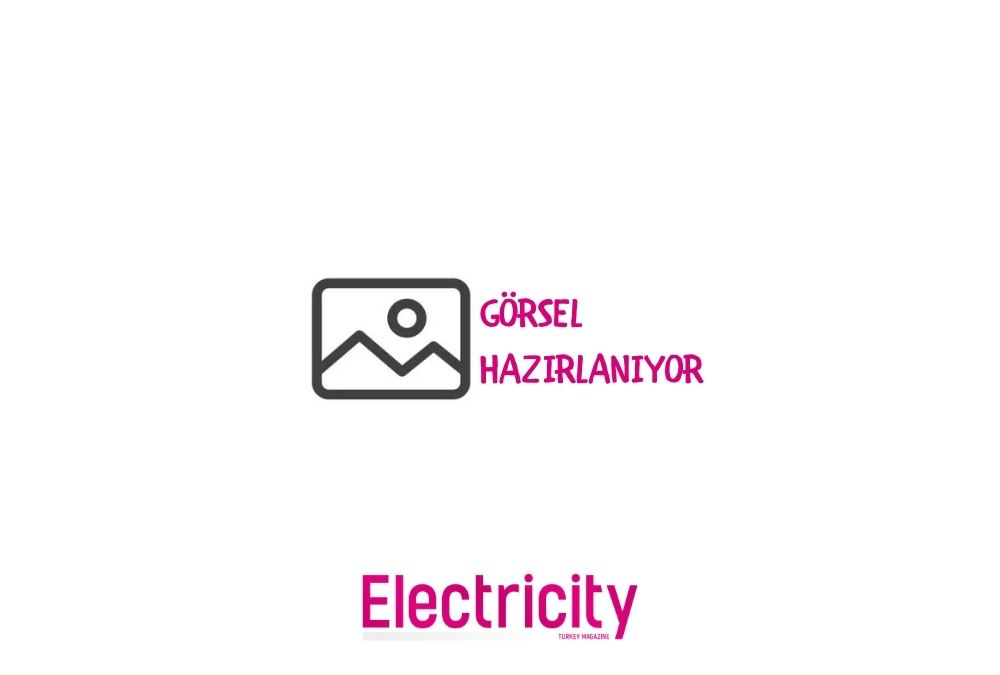
Developing technology is changing many habits, from the tools we use to homes and even cities. Smart cities are also one of the applications that have come to the fore in recent years and offer serious savings as well as facilitating people's lives. The most common smart city applications in the field of energy stand out as smart street lighting. There are approximately 7.5 million street lights in Turkey. When these lamps are renewed with smart lighting solutions, it is expected to save 50 percent per lamp.
Everything from the technological devices we use to homes is getting smarter. So are cities. According to the United Nations, by 2050, 68 percent of the world's population will live in cities. The current rate is 55 percent. As cities become more crowded, the need for applications that both improve the quality of life and save money increases. For this reason, one of the prominent trends in recent years is smart cities. Smart cities make life easier for people living in cities while saving money with environmentally friendly applications. For example, thanks to sensors, smart parking solutions can be implemented to quickly find empty parking spaces. With smart building automation systems, air conditioners can be adjusted according to the number of people in the building, and lights can be turned off when not in use.

50 percent savings with smart street lighting
The most common smart applications in the field of energy are smart street lighting. This is followed by electricity distribution, smart grids and smart electricity meters. There are currently 304 million street lights in the world. By 2025, that number is expected to be 352 million. LED lighting and smart lamps account for a $63.5 billion market. Smart street lighting is projected to save $15 billion in energy for cities by 2023. In Turkey, the number of street lamps is known as approximately 7.5 million. According to a study by Smart Cities World, the transition to smart lighting solutions is expected to save 50 percent per lamp.
LEDs offer a longer service life, lower energy consumption and lower maintenance costs compared to traditional street light technologies. These lamps, which offer the possibility of saving, are expected to invest $ 53.7 billion by 2025. But with the development of technology, LED lamps in street lighting are accompanied by smart street lights with network connection. These solutions, which can be used especially in non-busy areas of cities, require less maintenance and are therefore more economical, stand out. By 2025, LED and smart street lights are expected to reach 85 percent and 37 percent of the total street light market share, respectively.
Energy is at the heart of smart cities
Çağada Kırım, the founder of EnCazip.com, said, "One of the main parts of the smart cities concept is energy saving. As in the whole world, Turkey is becoming a part of the smart cities market in terms of energy saving. Transformations are also carried out in our country with works such as smart lights prepared and put into action by municipalities, lighting systems according to movement, time and seasonal conditions. Replacing street lights with smart lamps is important in terms of savings. These lights, which are sensitive to movement, prevent street lamps from burning in vain, especially on non-busy streets. Apart from this, they can be more economical even when used because they can adjust the brightness according to sunlight. These transformations have a great impact both in saving energy and contributing to the country's economy. As the demand for smart cities and studies increase, our earnings as a country will increase even more..."
 SİZİN DÜŞÜNCELERİNİZ?
SİZİN DÜŞÜNCELERİNİZ?